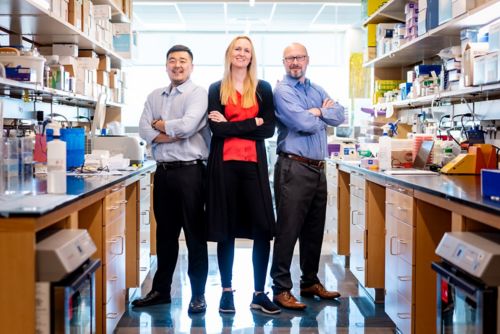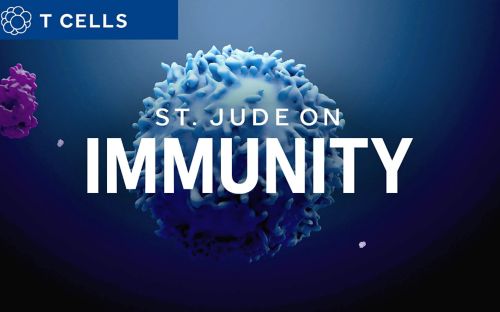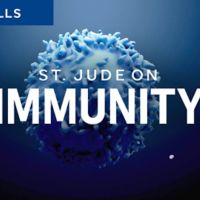St. Jude Family of Websites
Explore our cutting edge research, world-class patient care, career opportunities and more.
St. Jude Children's Research Hospital Home

- Fundraising
St. Jude Family of Websites
Explore our cutting edge research, world-class patient care, career opportunities and more.
St. Jude Children's Research Hospital Home

- Fundraising
Benjamin Youngblood Lab
Exploring epigenetic regulation of T cell adaptive immunity and immunotherapy
About the Youngblood Lab
Immune cell-based therapies have emerged as a promising new tool in the fight against cancer and chronic infections. Prolonged stimulation of T cells leads to “exhaustion” and limits their ability to function. We use a combination of epigenetic and computational techniques to study this T cell exhaustion. Our laboratory wants to understand the mechanisms that regulate the development of T cells during infection, cancer, and autoimmunity with the goal of improving treatments for these diseases.
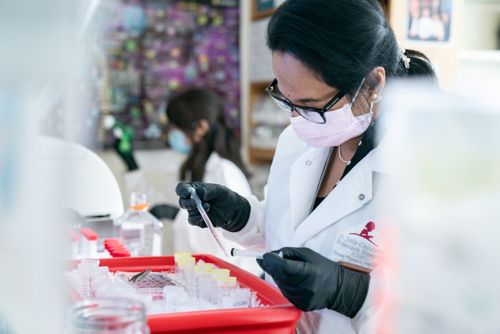
Our research summary
Following chronic stimulation, T cells undergo a developmental process known as “exhaustion,” a dysfunctional state reinforced by epigenetic changes that limits their capacity to mount an effector response. The commitment of T cells to this exhausted fate is currently a major barrier in the advancement of T cell immunotherapy efforts. Our lab discovered that T cells can resist exhaustion when a particular enzyme is knocked out – even if the source of antigen persists. We are now applying this perturbation approach to CAR T cells, creating persistent populations of functional cells that we can now evaluate in clinical trials at St. Jude.
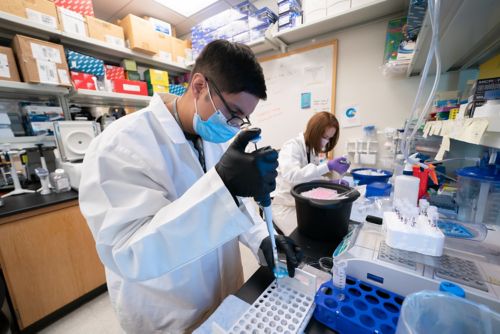
Our laboratory employs cutting-edge epigenetic and transcriptional profiling techniques, gene engineering approaches in human and murine models of T cell exhaustion, and computational analyses to identify molecular mechanisms of T cell exhaustion. We then work to develop innovative strategies to block exhaustion and prolong T cell responses during immunotherapy. This work not only provides insight into the process of T cell exhaustion, but also reveals clues to improve T cell-based immunotherapies.
We are actively extending our research toward immuno-oncology, specifically the tumor microenvironment’s role in T cell differentiation and how we can leverage our previous discoveries to better understand tumor immunology.
Learn more
Immunity in the spotlight: how vaccinations and the immune system protect us
Researchers at St. Jude explain what immunity is and how it works.
Selected Publications
Contact us
Benjamin A. Youngblood, PhD
Member, St. Jude Faculty
Department of Immunology
MS351
St. Jude Children’s Research Hospital

Memphis, TN, 38105-3678 USA GET DIRECTIONS
